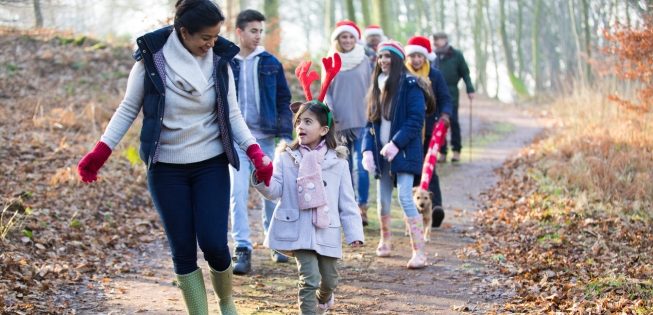
Helping kids of all ages to live a more active life through FUNctional movement.
Welcome to Play On Pediatric Therapy
Call

As a parent of a child with neuromuscular conditions such as Cerebral Palsy (CP), you understand the unique challenges and joys that come with nurturing their growth and development. Alongside medical care and therapy, integrating strength training into your child’s routine can be a powerful tool in promoting their overall well-being, confidence and independence. In this blog, we’ll delve into the significance of strength training for children with CP, explore some effective ways to get started, and discuss crucial safety precautions to ensure your child’s safety and progress.

Starting solids with your baby is an exciting time & milestone, and also can be very nerve-wrecking. Following some key tips may help your child develop a well rounded palette and help your nerves with this new skill stay calmer.

If your child is struggling with potty training past the age of 3 or 4, it’s essential to approach the situation with patience, understanding, and the right strategies. In this blog, we will explore some effective strategies, taking a pediatric physiotherapy and occupational therapy perspective, to help your child overcome potty training difficulties.

Dysregulation is a common thing that most kids experience as they grow. Learn the top 4 reasons why learning to coregulate with your dysregulated child work.

It can be hard to stay motivated to move in the winter months, especially in colder weather. Making physical activity a fun, family affair can make it easier. Here are some ideas to make getting in movement fun!

Tying shoelaces may seem like a small task, but for school-aged children, it can be a significant milestone in developing fine motor skills and fostering a sense of independence. If a child can’t do this easily and independently, it may lead to frustration and embarrassment. Find out strategies to support this.

ADHD is a commonly diagnosed childhood disorder, and there are many other reasons for childlren to display ADHD like behaviours and mannerisms. A child with ADHD and/or related symptoms can struggle in many settings and easily become dysregulated. There are many treatment and management options that can help support these symptoms. A specially trained physiotherapist who works with children can help be a part of the solution for helping kids with ADHD symptoms.

We hear a lot about kids needing to learn to regulate better, and have better self-regulation. There are many strategies taught to kids to improve on this. Something that is a fundamental part of children learning to self-regulate is ‘co-regulation’. Learn more about what this is and how it can help improve a child’s self-regulation.

Soon we “fall back” and turn our clocks back one hour to mark the end of daylight savings time. I used to love this weekend – having one extra hour of sleep… but kids don’t always get the same message, and if you have early risers now, this could mean even earlier rising. How can you help your family through this change? You have a couple options and no matter which approach you take, you will make it through!

With the warmer, sunnier weather, comes an increased risk of dehydration. This can be dangerous and cause many challenges for your child. Learn the signs and symptoms to watch for and how to prevent dehydration.


Helping kids of all ages to live a more active life through FUNctional movement.
Call us anytime

Recent Comments